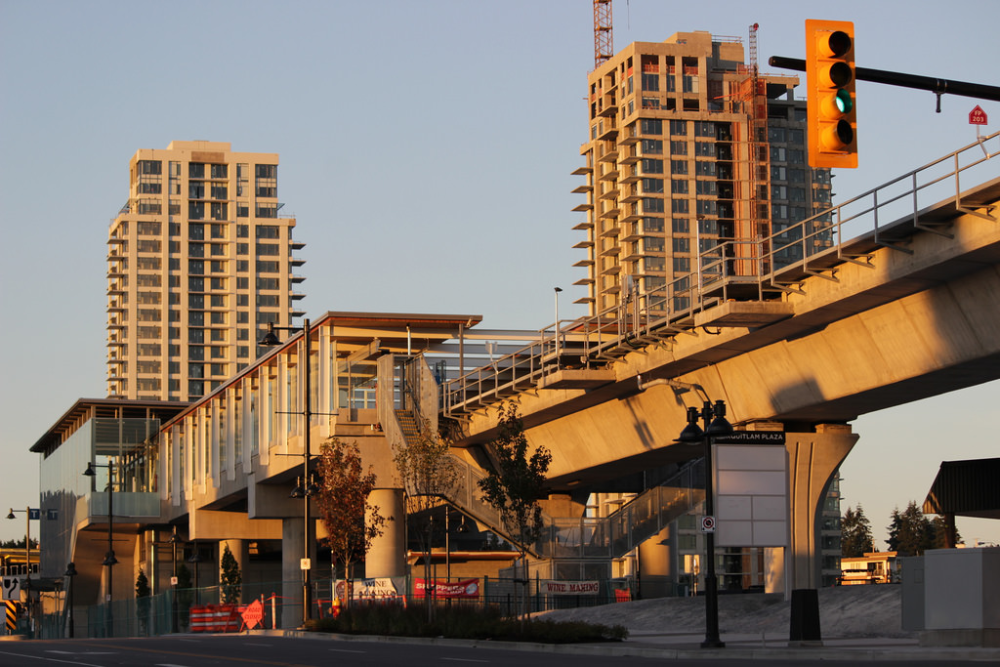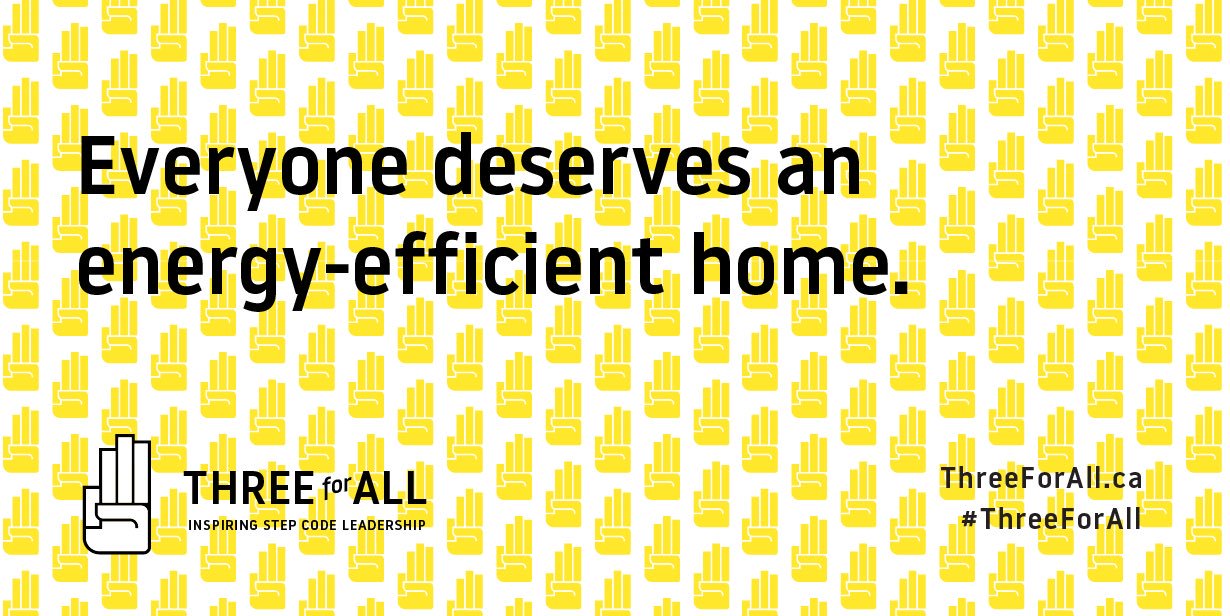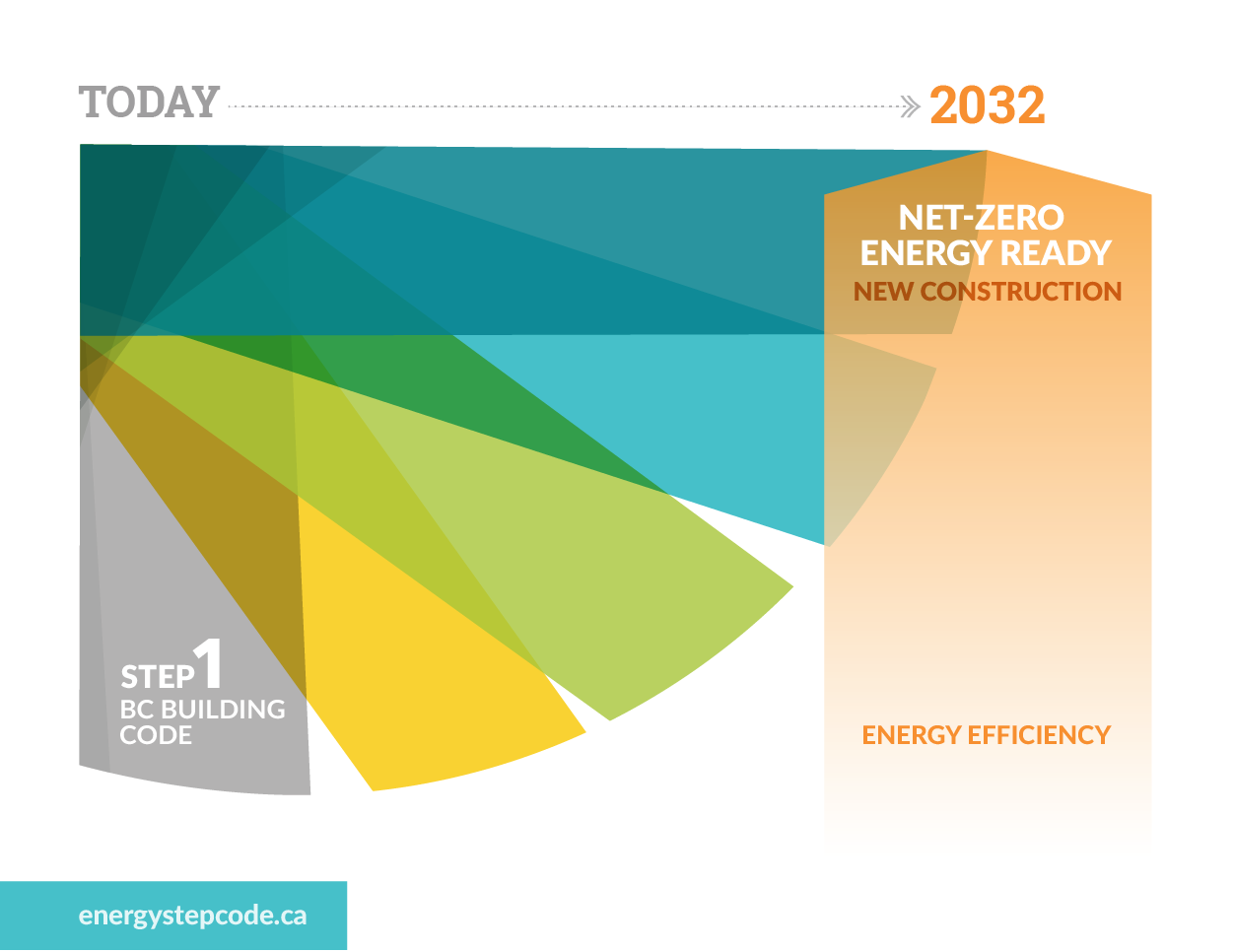The Three for All coalition contributed the following guest commentary.
A new wave of building innovation is sweeping through B.C., leaving in its wake healthier and more comfortable homes, and more productive offices as well as jobs, opportunities and legions of workers with freshly upgraded skills that are likely to be prized in the coming years.
And the Tri-Cities will not want to be left behind.
Last year, the province offered Coquitlam, Port Coquitlam and Port Moody — and hundreds of other local governments — a new policy tool called the B.C. Energy Step Code. The regulation empowers these communities to boost the energy efficiency of new buildings: homes, offices, stores, schools.
Tri-City governments may now use B.C. Energy Step Code, if they wish, to require or incentivize a level of energy efficiency in new construction that goes above and beyond current provincial requirements. In practical terms, that would mean increased insulation, closer attention to windows and doors, better ventilation and more careful attention to sealing the building to reduce heat loss.
And it’s catching on. To date, more than 26 local governments have either referenced the B.C. Energy Step Code in their bylaws or are considering doing so. But with the exception of the village of Belcarra, those in the Tri-City region are not among them.
This is unfortunate because the B.C. Energy Step Code offers benefits to homeowners, renters, builders and the entire community that go well beyond lower energy bills.
Governments that put the new standard to work are not only raising the bar on improving building health and comfort, they’re also locking in new consumer protections to those buying new houses, condos or townhomes. That’s because builders will be required to demonstrate their projects will perform as billed. Meanwhile, the B.C. Energy Step Code offers industry a clear sense of where the province is heading on energy efficiency and a badly needed level of consistency on energy rules between local governments.
Communities using the standard are also helping stimulate economic development by increasing the local market for energy-efficient products and services. And finally, almost as a bonus, the B.C. Energy Step Code will help fight climate change by reducing the quantity of natural gas we’ll need to burn to keep our buildings comfortable.
There’s a lot of development planned for the Tri-Cities so it’s important that the cities get going on the B.C. Energy Step Code. But it’s also important that they begin in the right place.
As its name suggests, the code groups building performance on a series of steps of increasing energy efficiency. Step 1 isn’t actually even a performance improvement, it acts like “training wheels” to help builders and designers familiarize themselves with new practices and materials. A Step 5 house, on the other hand, is the most energy efficient one that can be built today.
But there is a sweet spot in between: Step 3.
Tri-City governments that begin there will immediately see lower carbon emissions and significant energy savings. By requiring Step 3, they would actually be doing their builders a favour by ensuring their skills will be relevant in tomorrow’s market.
To date, the three North Shore governments have aligned their approach and referenced Step 3 in their building bylaws. Similarly, New Westminster is targeting Step 3 for next year.
The high-efficiency building train is leaving the station and Coquitlam, PoCo and PoMo cannot afford to be left behind on the platform. The risks of doing so are real, and the benefits too big to ignore.
Jenna McNeil is the co-ordinator for Three for All, a coalition and campaign working to inspire and inform local government action on building energy efficiency via the B.C. Energy Step Code. The coalition includes the Canada Green Building Council, Passive House Canada, the Pembina Institute, Integral Group, Waymark Architecture, and the Open Green Building Society.
The Tri-City News published this op-ed on June 30, 2018.







